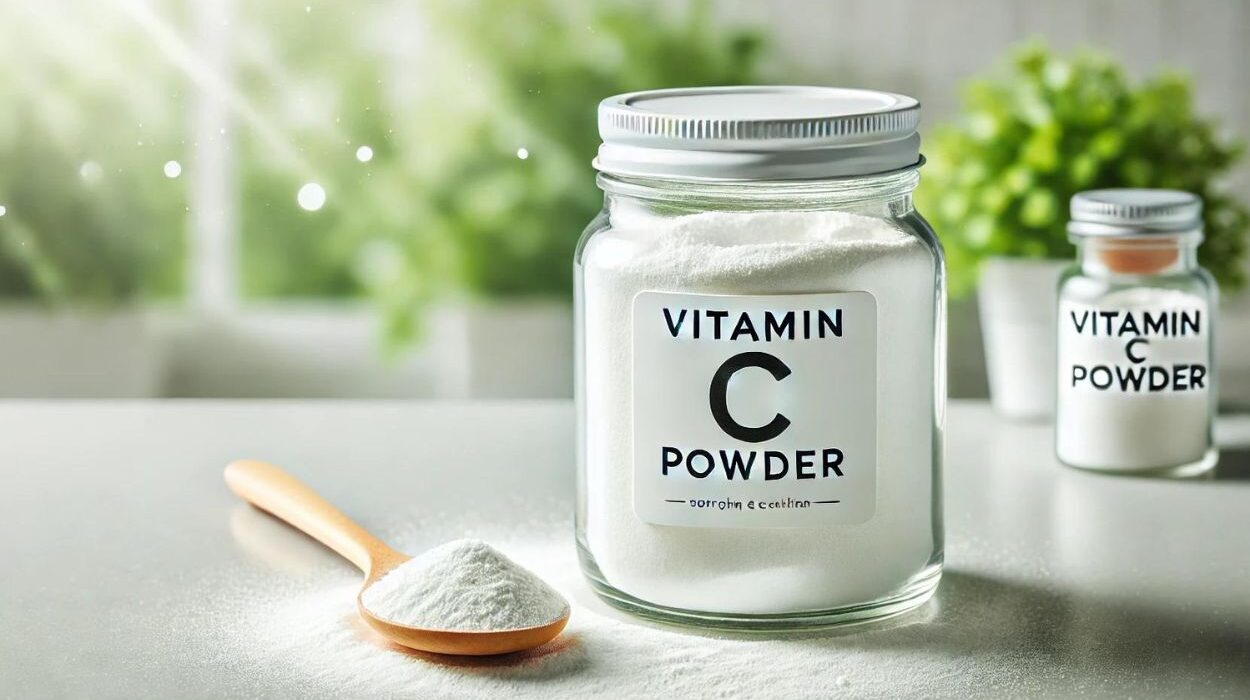Vitamin C, commonly referred to as ascorbic acid, is an essential nutrient celebrated for its wide-ranging health benefits. This powerful antioxidant plays a crucial role in immune function, skin health, and overall well-being. In the realm of nutraceutical formulations, incorporating vitamin C can significantly enhance the efficacy of dietary supplements. This blog post delves into the benefits of vitamin C, its mechanisms of action, and its applications in nutraceutical products.
The Importance of Vitamin C
Vitamin C is a water-soluble vitamin that cannot be synthesized by the human body, making it essential to obtain through diet or supplementation. It is primarily found in fruits and vegetables, particularly citrus fruits, strawberries, bell peppers, and broccoli. Beyond its role in preventing deficiency, vitamin C serves several important functions:
1. Powerful Antioxidant
One of the primary functions of vitamin C is its ability to neutralize free radicals—unstable molecules that can cause oxidative stress, leading to cellular damage and various chronic diseases. By mitigating oxidative stress, vitamin C helps protect the body against inflammation and may reduce the risk of conditions like heart disease, cancer, and neurodegenerative disorders.
2. Immune System Support
Vitamin C is essential for a well-functioning immune system. It stimulates the production of white blood cells, which are vital for combating infections. Additionally, vitamin C enhances the skin’s barrier function, acting as the first line of defense against pathogens. Research has shown that adequate vitamin C intake may shorten the duration and severity of colds and other respiratory infections.
3. Collagen Synthesis
Collagen, the most abundant protein in the body, is crucial for maintaining skin elasticity and overall skin health. Vitamin C is a co-factor in the synthesis of collagen, making it essential for wound healing and maintaining the integrity of connective tissues. This property has led to its widespread use in cosmetic and skincare formulations, where it can improve skin texture and reduce the appearance of wrinkles.
4. Enhanced Iron Absorption
Vitamin C enhances the absorption of non-heme iron, which is the form of iron present in plant-based foods. By converting iron into a more absorbable form, vitamin C helps prevent iron deficiency anemia, particularly in individuals following vegetarian or vegan diets. This interaction is especially beneficial when vitamin C is included in multivitamin formulations.
Applications in Nutraceutical Formulations
Given its myriad benefits, vitamin C is a popular ingredient in nutraceutical formulations. Here are some key applications:
1. Dietary Supplements
Vitamin C is commonly found in various dietary supplements, including multivitamins, immune support formulas, and antioxidants. Its role as a potent antioxidant and immune booster makes it a staple for individuals seeking to enhance their overall health.
2. Functional Foods
With the growing trend toward functional foods, vitamin C is increasingly added to products like juices, smoothies, and health bars. These formulations not only provide the nutritional benefits of vitamin C but also promote health-conscious consumer choices.
3. Skincare Products
In the cosmetic industry, vitamin C is celebrated for its skin-brightening properties and ability to reduce signs of aging. It is often included in serums, creams, and lotions, where it can improve skin tone and texture while providing antioxidant protection against environmental stressors.
4. Performance and Recovery Formulas
Athletes and fitness enthusiasts often seek supplements that support recovery and enhance performance. Vitamin C can play a role in reducing exercise-induced oxidative stress and inflammation, making it a valuable addition to sports nutrition products.
Considerations for Formulating with Vitamin C
When incorporating vitamin C into nutraceutical formulations, there are a few key considerations:
1. Stability
Vitamin C is sensitive to heat, light, and air, which can lead to degradation. Formulators should choose stable forms of vitamin C, such as ascorbate salts or encapsulated forms, to ensure potency throughout the product’s shelf life.
2. Dosage
The recommended dietary allowance (RDA) for vitamin C varies by age, gender, and life stage. When formulating products, it’s essential to provide effective doses while considering safety and regulatory guidelines.
3. Synergistic Ingredients
Combining vitamin C with other nutrients, such as vitamin E or zinc, can enhance its effects. These synergistic relationships can lead to improved absorption and greater overall health benefits.
Q-Line Nutra
Q-Line Nutra is a leading manufacturer of premium vitamin C pellets and granules, dedicated to delivering high-quality nutraceutical ingredients. Our state-of-the-art production processes ensure optimal purity, potency, and bioavailability in every batch. Committed to excellence, we provide tailored solutions to meet the diverse needs of our clients. Partner with Q-Line Nutra for reliable, effective vitamin C formulations that support health and wellness in dietary supplements and functional foods.
Wrapping Up
Vitamin C is an essential nutrient with numerous health benefits, making it a valuable ingredient in nutraceutical formulations. Its antioxidant properties, immune support, role in collagen synthesis, and ability to enhance iron absorption underscore its importance in promoting overall health. As the demand for effective dietary supplements continues to grow, incorporating high-quality vitamin C into formulations can provide consumers with the tools they need to lead healthier lives.
Don’t Miss: How to Source High-Quality Vitamin Powders for Supplement Formulations
